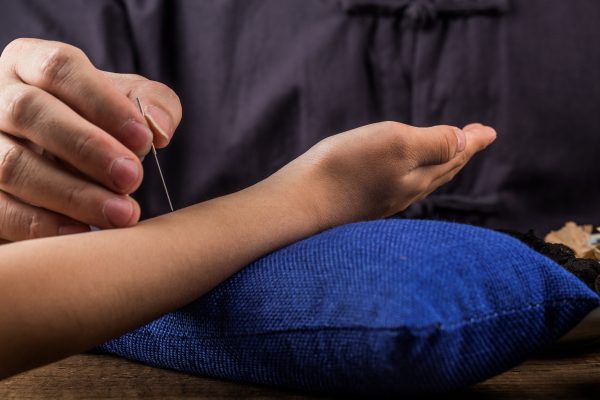Lyme disease is a serious infection causing a number of health problems. It is caused by a bacteria called Borrelia burgdorferi. This is transmitted when an infected tick bites humans. Lyme disease symptoms include fatigue, joint pain, headaches, and even paralysis. If left untreated, Lyme disease can be fatal.
Currently, there is no cure for Lyme disease. However, it can be treated with antibiotics. Despite receiving treatment, some people can still experience long-term health problems. That’s why taking care of your mental health when you are sick is vital.

Range of Emotions You’ll Experience with Lyme Disease
Anger. Lyme disease can be very frustrating. You may feel angry that you got sick, angry at the fact that, of all people, you were bitten, and not being able to understand why you are experiencing this.
- Anxiety. Lyme disease can cause a great deal of anxiety. You may worry about your health, your ability to function normally, and your ability to work or care for your family.
- Depression. Many people with Lyme disease experience depression. This is due to the physical symptoms of the disease, the emotional toll of dealing with a chronic illness, or both.
- Fear. Fear is a common emotion among people with Lyme disease. You may be afraid of the disease’s long-term effects, the inability to work or take care of your family, or the fear of Lyme disease itself.
- Guilt. You may feel like you did something to deserve it or that you could have done something to prevent it if you had been more careful.
- Hopelessness. Hope is an integral part of dealing with any chronic illness. However, Lyme disease can be challenging to treat, and some feel hopeless about ever getting better. You may feel hopeless that life looks like this, and you don’t know when it can change.
- Sadness. Lyme disease can be an unfortunate experience. You may mourn the loss of your health, your ability to do the things you enjoy, and your old life.
Lyme patients tend to feel these emotions after being diagnosed. You may feel scared, confused, and overwhelmed. These feelings are compounded by the physical symptoms of Lyme disease, which can be debilitating.
It’s essential to remember that you are not alone. Several people have been in your shoes and understand what you’re going through. Many of these people could still live the life they loved. You can still come out strong and happy. Lyme disease may be a serious illness, but it is possible to manage it and live a full life.
Here are some tips for staying positive and taking care of your mental health:

1. Find a support group. There are many online and in-person groups for people with Lyme disease. Connecting with others who understand what you’re going through can be incredibly helpful.
2 . Stay informed. Read up on Lyme disease and learn as much as you can. The more you know, the less scared and confused you’ll feel.
3. Take breaks. When you’re feeling overwhelmed, take a break from reading about Lyme disease or talking about it. Do something that makes you happy and relaxes you.

4. Reach out for help. If you’re depressed or anxious, don’t hesitate to seek professional help. There are many counselors and therapists who specialize in helping people with Lyme disease.

5. Make healthy lifestyle choices. Eating a nutritious diet, getting enough sleep, and regularly exercising are all essential for managing Lyme disease. These healthy habits will also help improve your mood and mental health.
Lyme disease is a challenge, but it doesn’t have to define you or your life. There are other practical things you can do to help manage the symptoms of the disease and help you stay more positive.
Practical Things You Can Do to Manage Pain From Lyme Disease
- Make sure to drink antibiotics. Antibiotics are an essential part of treating Lyme disease. Make sure you take them as prescribed by your doctor.

- Exercise. Exercise can help reduce pain and fatigue. This will help you to start slowly and build up your stamina.
- Hot and cold therapy. Applying heat or cold to painful areas can help relieve pain.

- Acupuncture. This is considered an ancient Chinese practice that involves putting thin needles into the skin at specific spots. Some people find relief from acupuncture.

- Yoga. Yoga can help stretch and strengthen muscles, improve the range of motion, and reduce stress.
Use WAVE1. WAVE1 is a wearable device that sends low-frequency electrical waves reducing symptoms of Lyme disease and co-infections. The wearable, safe frequency emitter improves immune function by restoring balance in cells.
Lyme disease can be a very challenging experience, both physically and emotionally. You might feel many challenging emotions, from anger and anxiety to depression and fear. However, it’s important to remember that you can still lead a full life despite having Lyme disease. There are many resources available to help you cope with the disease. Advanced technology can help you live a better life, including WAVE1. You can also find a community online to help you learn more about the disease and support groups.



